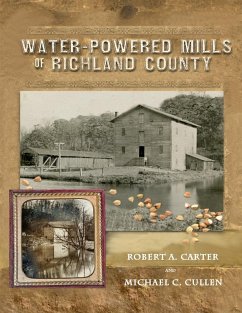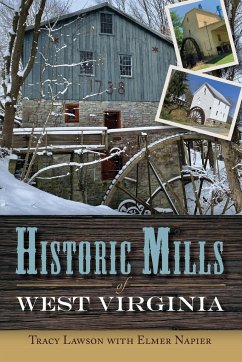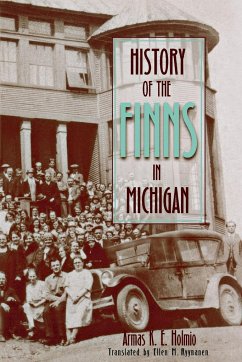
Rhinebeck and the History of the Landsman Kill Mills
Versandkostenfrei!
Versandfertig in 1-2 Wochen
13,99 €
inkl. MwSt.

PAYBACK Punkte
7 °P sammeln!
The Landsman Kill meanders through the center of the Village of Rhinebeck, New York, on its six-mile journey to Vanderburgh Cove and the Hudson River. This tiny stream, barely ten feet wide and two feet deep, was the economic engine that powered the growth and prosperity of the Rhinebeck community in the 1700s. This little stream powered the water wheels that ground the grain, sawed the wood, and made paper, gypsum, and cloth for the early inhabitants of Rhinebeck. This book is an attempt to compile and document, and perhaps expand on, the knowledge of the mills that thrived 300 years ago. It ...
The Landsman Kill meanders through the center of the Village of Rhinebeck, New York, on its six-mile journey to Vanderburgh Cove and the Hudson River. This tiny stream, barely ten feet wide and two feet deep, was the economic engine that powered the growth and prosperity of the Rhinebeck community in the 1700s. This little stream powered the water wheels that ground the grain, sawed the wood, and made paper, gypsum, and cloth for the early inhabitants of Rhinebeck. This book is an attempt to compile and document, and perhaps expand on, the knowledge of the mills that thrived 300 years ago. It looks at the owners and operators of the mills and examines the culture of the times.














